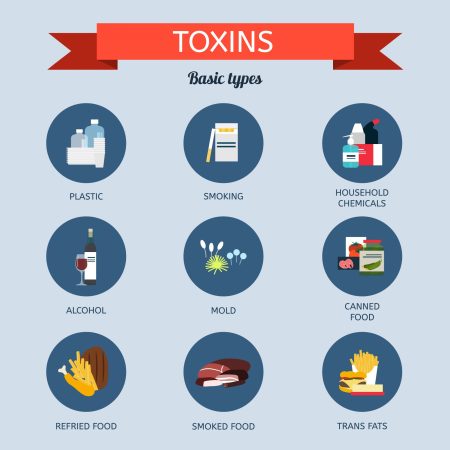Taking a Break from Alcohol
How Alcohol Affects Your Body
When we drink alcohol, our bodies immediately begin working to process it. Unlike food, alcohol can’t be storedfor later use – it must be metabolized right away, primarily by the liver. Here’s a simplified version of what happens:
- Enzymes called alcohol dehydrogenase (ADH) break down ethanol into acetaldehyde
- Another enzyme, aldehyde dehydrogenase (ALDH), further breaks down acetaldehyde into acetate
- Acetate is eventually converted to carbon dioxide and water
What many people don’t realize is that acetaldehyde – that middle step – is actually classified as a Group 1 carcinogen by the International Agency for Research on Cancer. Additionally, trace amounts of methanol in alcoholic beverages can be converted to formaldehyde, another known carcinogen.
Our bodies are amazingly efficient at processing these substances in small amounts, but regular or heavy drinking can overwhelm this system, potentially leading to both short and long-term health effects.
Benefits of Taking a Break

Even a short break from alcohol can lead to noticeable improvements in how you feel and function. Research and anecdotal evidence point to several benefits that can emerge within just a few weeks:
- Better Sleep: While alcohol might help you fall asleep initially, it disrupts your sleep cycles and reduces restorative REM sleep. Many people report sleeping more deeply and waking more refreshed after just a week without alcohol.
- Improved Hydration: As a diuretic, alcohol increases urination and can lead to dehydration. Better hydration often results in clearer skin, reduced puffiness, and more consistent energy levels.
- Liver Recovery: Studies show that taking just one month off from alcohol can reduce liver fat by 15-20%. The liver has remarkable regenerative abilities when given a break.
- Mental Clarity: Many people report “brain fog” lifting after a couple of weeks without alcohol, with improvements in concentration and memory.
- Stable Mood: While alcohol temporarily elevates mood, it’s actually a central nervous system depressant. Taking a break often leads to more consistent emotional states and reduced anxiety.
Looking to flush out toxins for a more fresh and vibrant you? Join our Guided Spring Liver Cleanse now ↓
Practical Tips for Taking a Break
If you’re considering a “pause” from drinking, here are a few strategies that can help:
- Set a clear timeframe and specific goals
- Plan ahead for social situations where alcohol is present
- Find alternative ways to relax and reward yourself
- Consider herbal supports like milky oats, skullcap, or passionflower for stress management (please don’t hesitate to reach out to me for guidance!)
- Track positive changes for motivation
- Be gentle with yourself if you slip up
Not All-or-Nothing

Remember, taking a break from alcohol doesn’t have to be an all-or-nothing proposition. Many people find value in periodic “reset” periods, whether that’s a few weeks or a few months,while others may choose to reduce their overall consumption or reserve drinking for special occasions.
The goal isn’t to demonize alcohol but to make informed choices about how it fits into your health and wellness goals. Even moderate drinkers often report benefits from taking occasional breaks.
I’d love to hear your experiences if you decide to try a period of alcohol-free living! Drop me a line or share your story via text or email!

Should you do a cleanse?
Our bodies accumulate things like the pipes in your house. And just like the pipes in your house, it’s a good idea to clean them out from time to time to reduce build up. If you want more information on if you could benefit from a cleanse, click the button below to take the toxicity survey!







